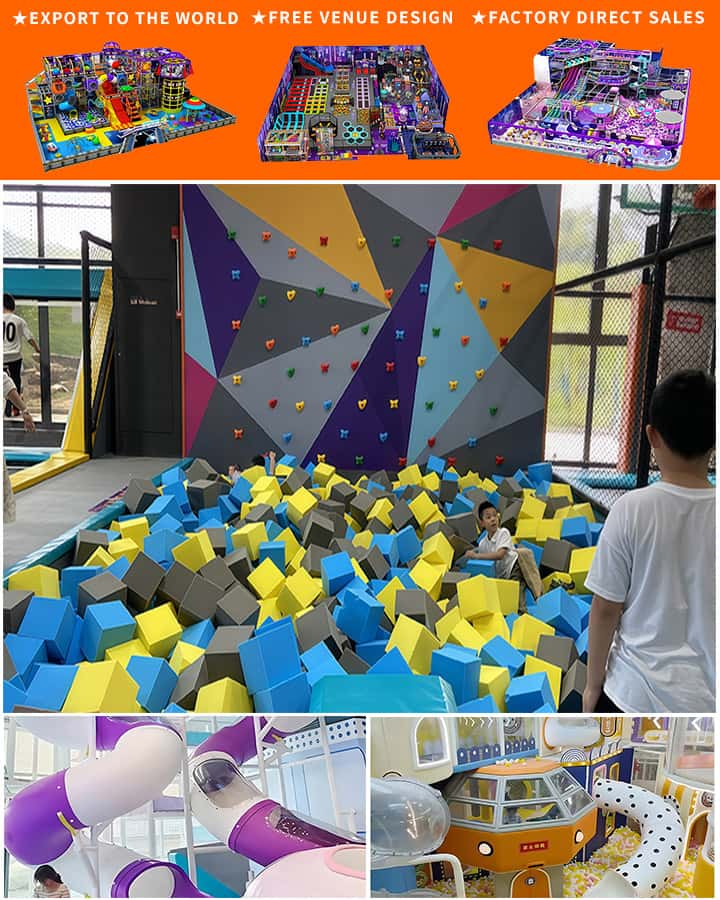In the realm of early childhood development, few elements are as crucial as play spaces. These designated areas for imaginative exploration and physical activity serve as the bedrock upon which young minds build critical cognitive, social, and emotional skills. Understanding their significance opens a window into fostering well-rounded, healthy, and resilient children ready to embrace life’s challenges.
Cognitive Development
Play spaces are fundamental to cognitive development. When children engage in play, they encounter novel situations that require problem-solving and decision-making. Simple activities like building with blocks or navigating a playground obstacle course stimulate neural pathways associated with reasoning, memory, and language acquisition. Through these experiences, children learn to think abstractly, develop spatial awareness, and understand cause-and-effect relationships—skills integral to academic success later in life.
Social Skills and Emotional Intelligence

Interpersonal interactions in play spaces are equally vital. Whether it’s sharing toys, taking turns on the swing, or collaborating in a game of tag, children learn essential social skills. These settings allow them to practice empathy, cooperation, and conflict resolution in a risk-free environment. Moreover, play helps children recognize and manage their emotions. A child who can navigate feelings of frustration or elation while playing is more likely to develop emotional intelligence, a cornerstone for future relationships and mental health.
Physical Health and Motor Skills
The benefits of play spaces extend beyond the mind, significantly impacting physical health. Activities such as running, climbing, and jumping enhance gross motor skills, improving balance, coordination, and overall fitness. On the other hand, manipulating small objects or engaging in pretend cooking sets fosters fine motor skills, essential for tasks like writing or buttoning clothes. In an era where sedentary lifestyles are increasingly common, dedicated play spaces encourage active living from a young age, laying the groundwork for a lifetime of good health habits.
Creativity and Imagination
Perhaps most importantly, play spaces are sanctuaries for creativity and imagination. Unstructured play allows children to invent scenarios, assume different roles, and explore various narratives. This creative freedom nurtures artistic expression and innovation, qualities indispensable in our rapidly evolving world. A child who regularly engages in imaginative play is better equipped to approach problems creatively, adapt to new environments, and think outside the proverbial box.
Designing Effective Play Spaces
Creating effective play spaces requires thoughtful consideration. Safety is paramount; equipment must be age-appropriate and free from hazardous materials. Variety is also key—spaces should offer a mix of open areas for unstructured play, quiet zones for solitary or parallel play, and specialized equipment for specific activities. Natural elements like sand, water, and plants can further enrich these environments, offering sensory experiences that deepen learning and engagement.
Conclusion
In essence, play spaces are not mere recreational areas but foundational platforms for holistic child development. They shape cognitive abilities, refine social skills, promote physical health, and ignite creativity. As caregivers, educators, and community planners, investing time and resources into creating and maintaining quality play spaces is an investment in the future—a future where children thrive, innovate, and lead fulfilling lives.




